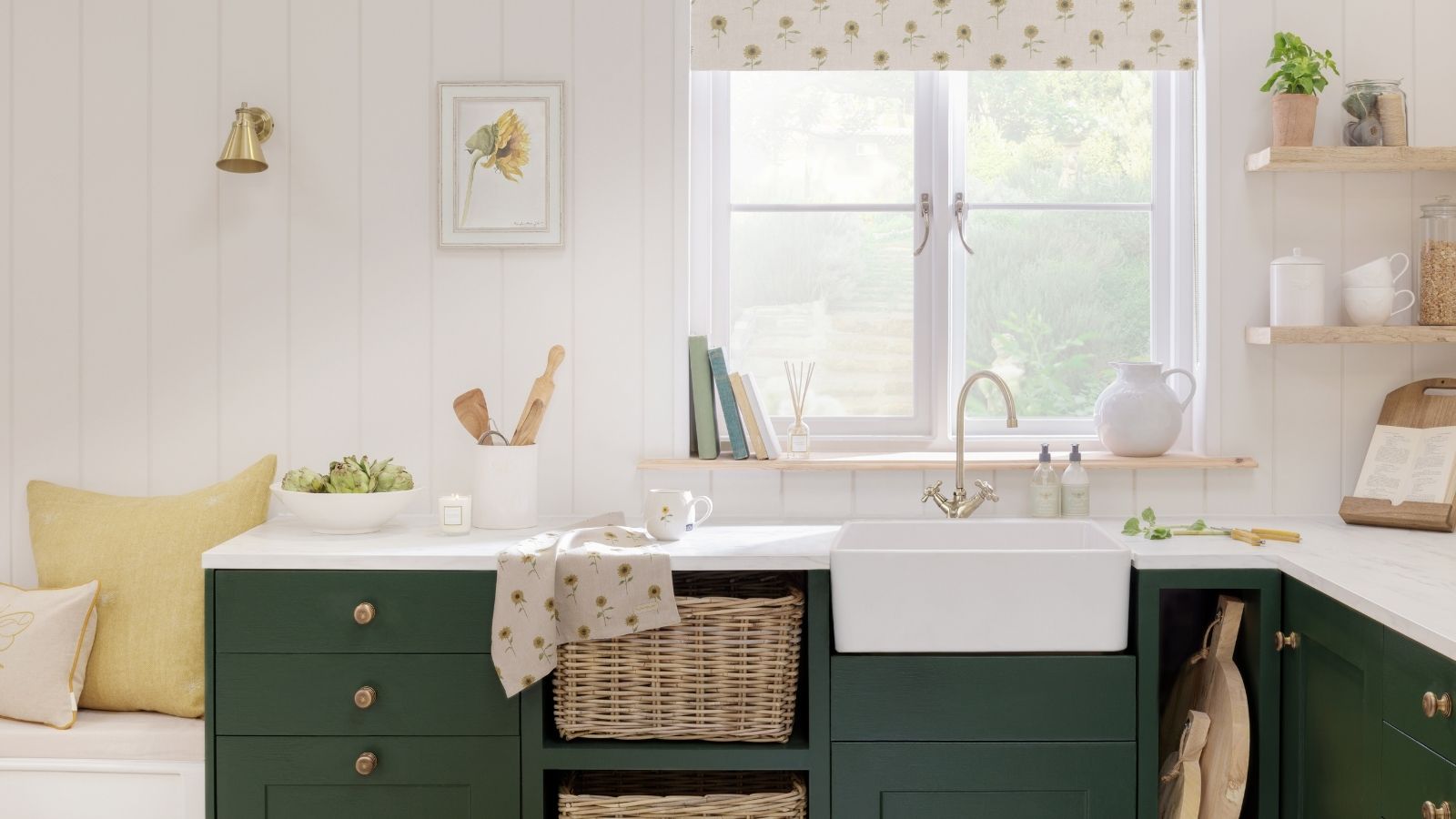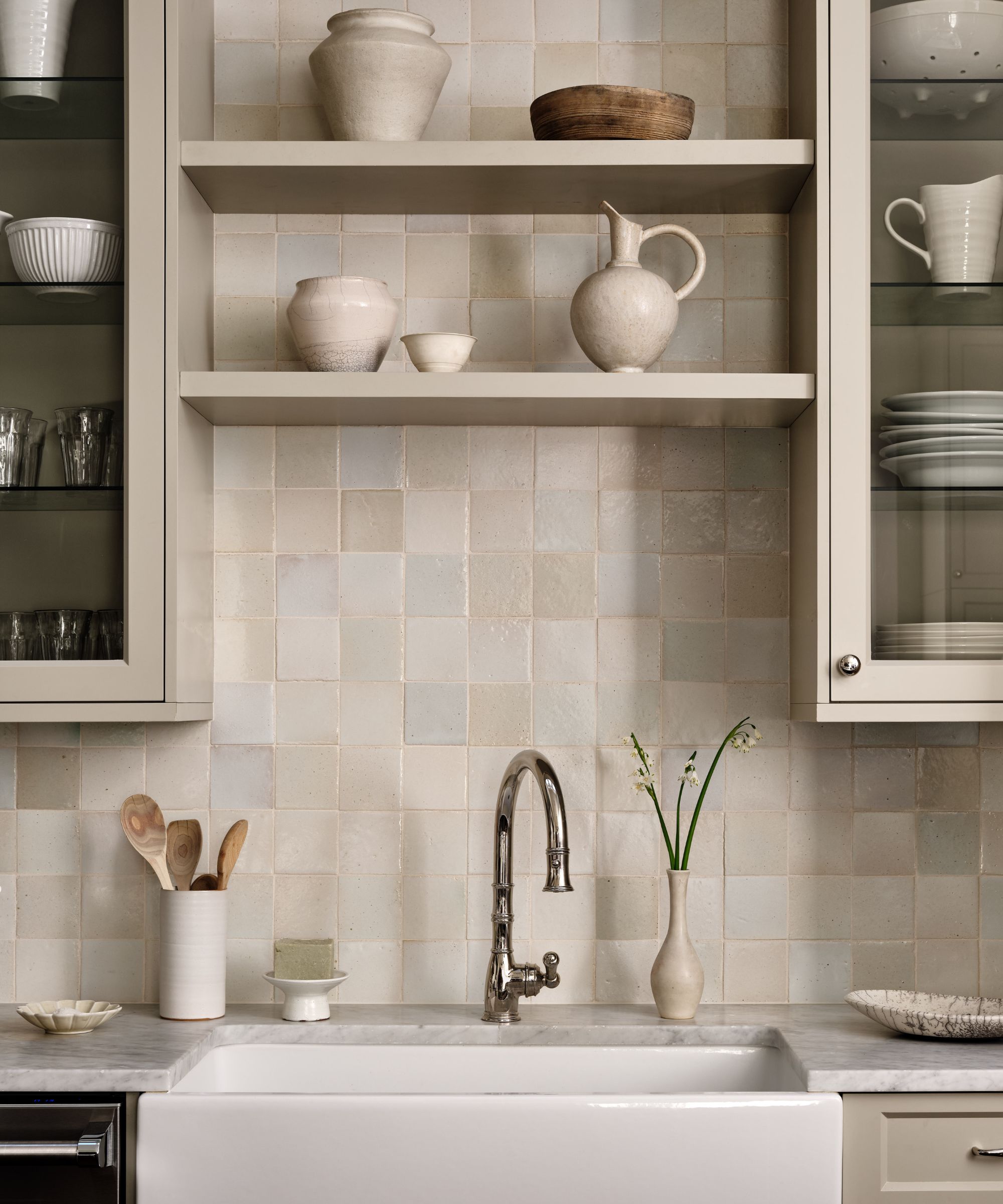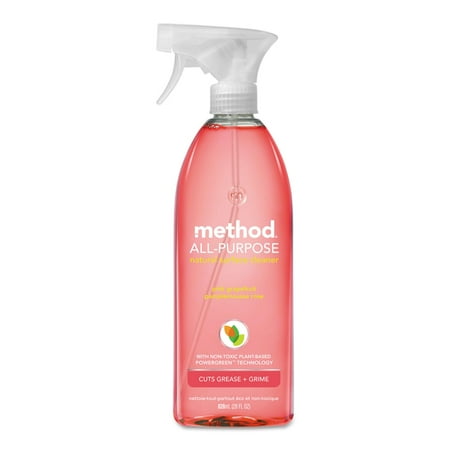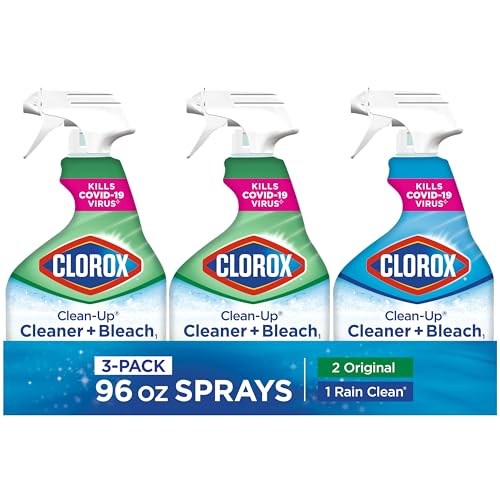Are you cleaning your kitchen sink enough? If not, it could be making you sick as pros warn it's dirtier than your toilet
Skipping this essential cleaning task could be putting your household at risk


Cleaning a kitchen regularly prevents mold and food contamination. Because of this, most of us are strict about wiping down our counters, stoves, and cutting boards to prevent cross contamination of germs, but what about our sinks?
Given that we regularly use soap in our sinks and don’t use them to cut and prepare food, it might not seem like too big of a deal to put off cleaning a kitchen sink. However, cleaners are warning neglecting this space could be the biggest causes of illness at home as they are dirtier than toilets.
Here, they reveal how often you should clean a kitchen sink to keep it hygienic and reduce the risk of stomach upsets.
How often should you clean a kitchen sink?
While you should think about cleaning a kitchen about once per week, Taylor Riley, cleaning expert and founder of Boom. Facility Service Advisors suggest your sink should be cleaned every day to some extent.

Taylor explains, ‘The sink is one of the most used areas in the kitchen, often coming into contact with raw food, dirty dishes, and various contaminants. Because of this, I recommend cleaning your sink daily, even if it's just a quick wipe-down with a sponge or a rinse to remove any lingering food particles. Additionally, deep cleaning with a disinfectant should be done at least once a week to keep it sanitary.’
Failing to clean your kitchen sink often enough can put you at risk of some dangerous illnesses.
Ken Doty, cleaning expert and COO at The Maids reveals, ‘The average kitchen sink has more fecal matter than a flushed toilet. Learning how to clean your sink is critical for a healthy, happy kitchen. Harmful bacteria such as E.coli and salmonella can also be present in a dirty kitchen sink, posing serious health risks to you and your family.’
Design expertise in your inbox – from inspiring decorating ideas and beautiful celebrity homes to practical gardening advice and shopping round-ups.

To clean my sink, I start off with dish soap and hot water to help remove grease and grime. I then always follow up by drying the sink and giving it a good spritz of this Method Antibacterial cleaner. I let it sit for a minute before buffing away, riding my sink of any dangerous germs and leaving it smelling super fresh.
It is worth noting that cleaning kitchen sinks regularly does more than keep bacteria at bay. Ken Doty, cleaning expert adds that it is also one of the best ways to banish bad kitchen smells, and prevent and get rid of drain flies. ‘While it may be a chore to go the extra mile after doing a large load of dishes, it's the healthy and safe thing to do,’ he urges.
Head of solved at H&G, Punteha van Terheyden, cleans her kitchen sink after every load of dirty dishes has been done or popped into her dishwasher. 'I use dish soap on a clean sponge and wash down the sink, drain, draining board and the area around the sink, including the upstand and faucet. I grew up in a home where stomach bugs never, ever happened and am convinced keeping the sink area clean was a big part of the protective factor, so I do it now in my home, too.'
Punteha also uses a bleach spray in her stainless steel sink at least twice a week to double-y get rid of any nasties lurking around.

Punteha uses a bleach spray similar to this Clorox one and keeps a bottle in her kitchen, and each of her bathrooms. When using bleach spray in your kitchen, make sure the surface can take bleach without getting ruined. Generally, non-porous areas should be fine, such as sealed ceramic, porcelain, stainless teel and synthetic marble. However, bleach should not be used on porous, natural materials such as marble, wood and granite. If in doubt, skip the bleach and use hot soapy water instead. Just remember it takes about 30 seconds for soap to break down the outer cell structure of germs and kill them off so give it long enough to work before wiping away or rinsing.

Taylor Riley, a cleaning expert, shares that, ‘To quickly clean your sink, I recommend using a product like Bar Keepers Friend, available at Walmart. Wet the sink, apply the powder, scrub with a sponge [we like the Scrub Daddy sponge, also at Walmart, as it can offer both coarse and gentle abrasion], and then rinse away. This process is quick and ensures your sink is clean and free of smells caused by bacteria or food particles.
‘Another quick tip for garbage disposals is to drop a lemon in the sink and run the disposal with water flowing. The acidity of the lemon not only cleans the disposal but also leaves behind a fresh lemon scent.’
Regular cleaning may sound like a drag, but the results are more than worth the effort. Remember that some sink materials require specific care, so be sure to check the manufacturer’s care instructions before applying any harsh chemicals.
When designing a kitchen, picking one of the best kitchen sink materials will make cleaning and maintenance a lot simpler in the long run.

Chiana has been at Homes & Gardens for two years and is our resident 'queen' of non-toxic living. She spends most of her time producing content for the Solved section of the website, helping readers get the most out of their homes through clever decluttering, cleaning, and tidying tips. She was named one of Fixr's top home improvement journalists in 2024.